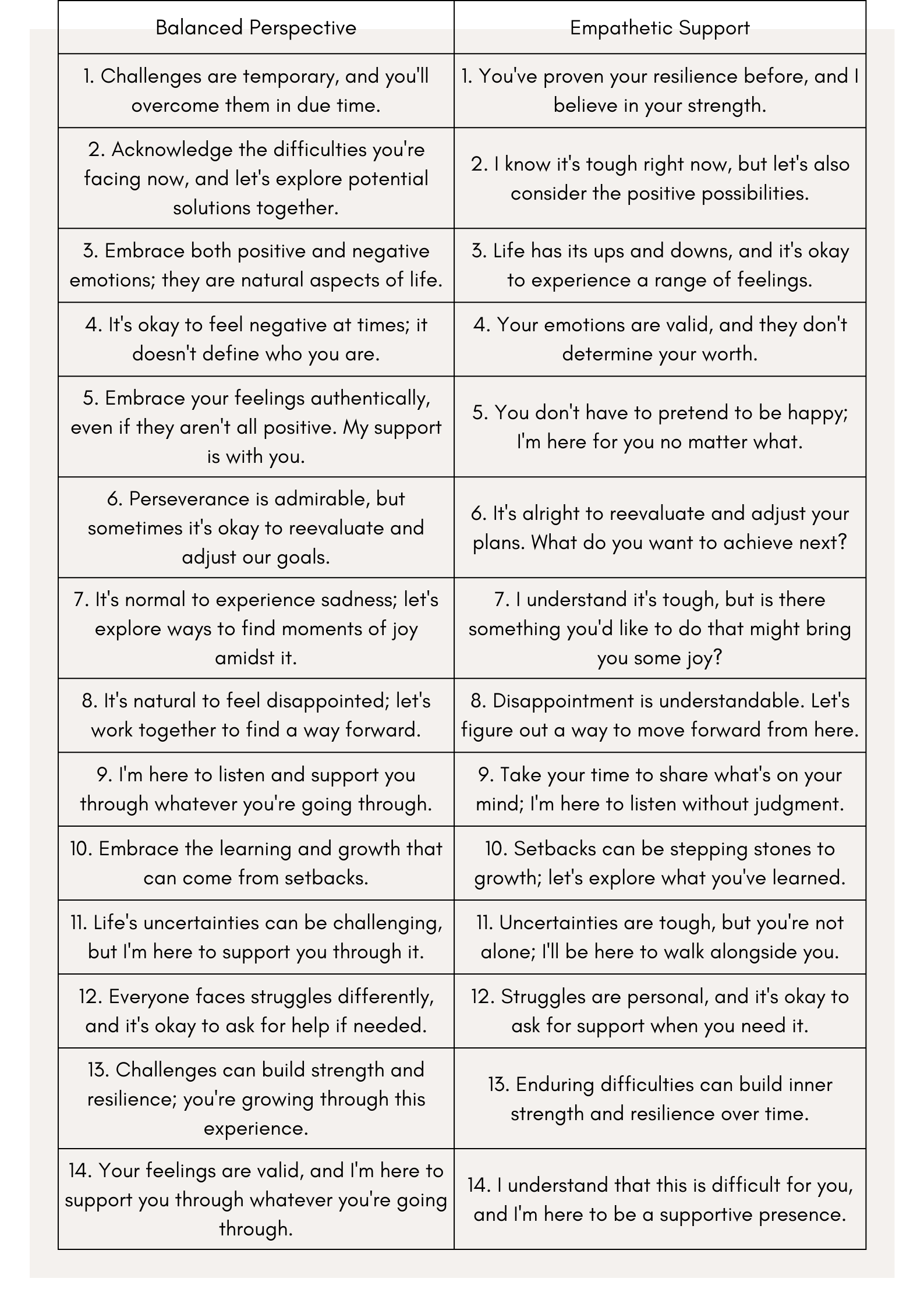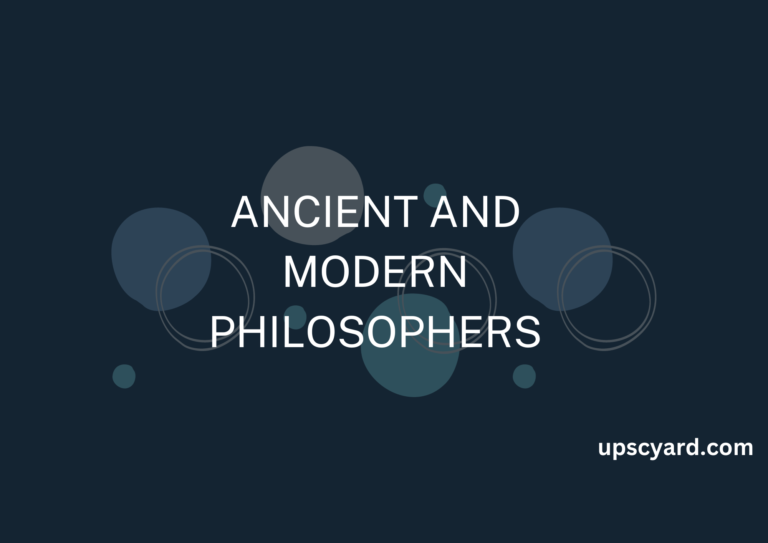Two senses of Happiness
Defining happiness is a complex task as the question itself is ambiguous. Are we seeking a linguistic understanding of the word ‘happiness’ or exploring the concept? Without clarifying the context, it becomes difficult to provide a precise answer. If we delve deeper, we might inquire if happiness is synonymous with pleasure, a state of material abundance, or something entirely different. However, it remains challenging to provide a definitive response until we establish a shared understanding of the term.
- A state of mind
- A life that goes well for the person leading it
Why Finland And Denmark Are Happier Than The U.S.

Strong social support systems: Finland and Denmark have well-developed social support networks that foster a sense of community and belonging, contributing to overall happiness.
Low income inequality: These countries exhibit relatively low levels of income inequality, which reduces social disparities and creates a greater sense of fairness and well-being among citizens.
High levels of social trust: Trust among individuals and trust in institutions are significantly higher in Finland and Denmark compared to the United States. This trust creates a more positive societal environment.
Emphasis on work-life balance: Finnish and Danish cultures prioritize work-life balance, with shorter working hours, flexible work arrangements, and generous parental leave policies. This focus on personal time and family contributes to higher life satisfaction.
Accessible education and healthcare: Both countries offer accessible and high-quality education and healthcare systems, ensuring that citizens have equal opportunities for personal development and well-being.
Strong welfare policies: Finland and Denmark have comprehensive welfare systems that provide support in areas such as unemployment benefits, healthcare, and affordable housing. These policies help alleviate economic and social stress, contributing to happiness.
Connection with nature and outdoor activities: The appreciation for nature and the availability of outdoor recreational activities in Finland and Denmark promote physical and mental well-being.
A state of mind
When we approach the concept of happiness from a psychological perspective, our primary focus is on understanding specific mental states. Just like the study of pleasure or depression revolves around psychology, exploring happiness in this context, known as the “psychological sense,” involves examining specific states of the mind. So, what exactly is this mental state referred to as happiness? Common responses to this question include life satisfaction, experiencing pleasure, or having a general sense of contentment and a positive emotional condition.
A life that goes well for the person leading it
In the second scenario, we delve into the notion of happiness concerning well-being and flourishing, centering on what enhances a person’s life, aligns with their interests, and improves their overall situation. This exploration involves evaluating one’s state of thriving, good fortune, or positive circumstances while differentiating between what is universally good and what specifically benefits an individual.
Theories of happiness
The chief candidates
There are two well-known perspectives on happiness – hedonism and the life satisfaction theory. Hedonists link happiness to the equilibrium between pleasant and unpleasant experiences, akin to welfare hedonists. However, hedonism does not inherently support the more robust concept of welfare hedonism, as evidenced in criticisms of Utilitarianism’s sole emphasis on happiness as the primary goal of social decision-making. These critiques acknowledge happiness as a pleasure but challenge its exclusivity, stressing that well-being encompasses more than just happiness.
Life satisfaction versus affect-based accounts
Life satisfaction views have faced various objections; the most common one is already known. It revolves around the idea that someone might appear content with their life even if they lead an unpleasant or emotionally distressed existence. Some find it counterintuitive to consider such individuals as happy. Certain life satisfaction theorists reject the possibility of such cases (Benditt, 1978), while others argue that these possibilities contribute to the appeal of life satisfaction theory. According to this perspective, some people may not derive much pleasure from life because they prioritize other aspects over emotional experiences, and a life satisfaction theory accommodates the idea that they can still find happiness in their way.
Hedonism versus emotional state
Why should we bother making such a distinction when describing happiness? For many individuals, the difference between happiness as an emotional state and a hedonistic view might be small. However, exploring this distinction could bring about valuable insights. One potential benefit is that the “central” emotional conditions related to happiness may uniquely connect to the individual or the self. At the same time, the “peripheral” effects, such as the pleasure of eating a cracker, might relate more to the sub-personal aspects of our psychological experiences.
Can happiness be measured?
It is important to note that measures of happiness can provide insights into relative happiness levels among different groups of people. However, they may not accurately reflect absolute levels of happiness. Self-reports of happiness can correctly indicate that unemployed individuals are generally less happy than those with jobs. However, these reports could still be inaccurate if everyone is unhappy but claims to be happy, or vice versa, as long as the unemployed consistently report lower happiness than the employed. This is similar to how faulty thermometers can indicate that Minnesota is colder than Florida without providing the correct temperature.

The politics of happiness
A decade ago, happiness policy was new, but now there is a global interest in promoting happiness and well-being through policy. Governments are incorporating well-being metrics in national statistics.
The rationale for well-being policies is based on the idea that people may make mistakes in pursuing their interests, and government intervention can correct these errors.
Contextualism suggests that people fare better when their social and physical environment influences their choices.
Moral concerns about the state’s promotion of happiness include paternalism and personal liberty.
Critics argue that policies should focus on promoting resources or capabilities instead of happiness and that happiness may not align with theories of justice.
Happiness policy challenges the emphasis on economic growth as a measure of progress. Philosophical engagement with this topic is ongoing.
UPSC Mains question of Ethics GS 4
Q. All human beings aspire for happiness. Do you agree? What does happiness mean to you? Explain with examples. 150 words. 10 marks (UPSC Ethics QP – 2014)
HINT :- The statement that “happiness is helping others without expecting anything in return” holds great value both in one’s personal life and in the realm of public service.
To gain a better understanding of the concept, read the following one-page short story written by a retired IAS officer. It encapsulates the essence of what it truly means.

Let’s answer this mains question
All human beings aspire for happiness. Do you agree? What does happiness mean to you? Explain with answers. (150 Words) (10 M) 2014 UPSC Mains Ethics Paper.
Try to answer this on behalf of above given information .
Selflessness





